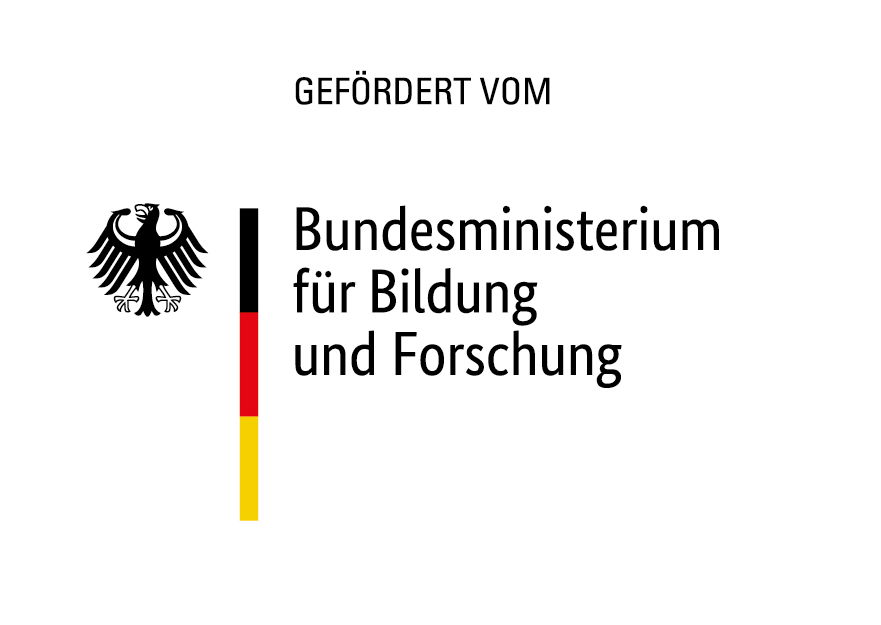Knowledge transfer profiles in German academia
In the past thirty years, the understanding, structures and mechanisms of knowledge transfer have changed significantly. Coming from a traditional, mainly unidirectional-linear transfer, which focuses on industry co-operations as well as marketing and commercialization of research results through contract research, patents and spin-offs, a broader understanding of transfer comes into focus. This modern and broader concept of knowledge transfer tries to capture the social contribution of universities including the transfer to civil society as a whole. The emergence of the knowledge society, and the associated expansion of universities has massively increased society's interest in scientifically sound knowledge and thus promoted an increasing entanglement of science and society. Ultimately, this has not only led to a social upgrading of universities per se, but also to an intensification and diversification of exchange relationships between universities on the one hand and non-scientific actors on the other. Therefore, the WIDEN project aims at a holistic and broad-based analysis of knowledge transfer at different levels of the German higher education system. The project addresses the research question of which knowledge transfer profiles prevail among universities and universities of applied sciences as well as among individual scientists and how these profiles influence each other.
The research project is a joint project of Fraunhofer ISI, the German University of Administrative Sciences Speyer and the Westphalian University of Applied Sciences Gelsenkirchen, Bocholt, Recklinghausen. The network thus combines partners from universities, universities of applied science and non-university research.
